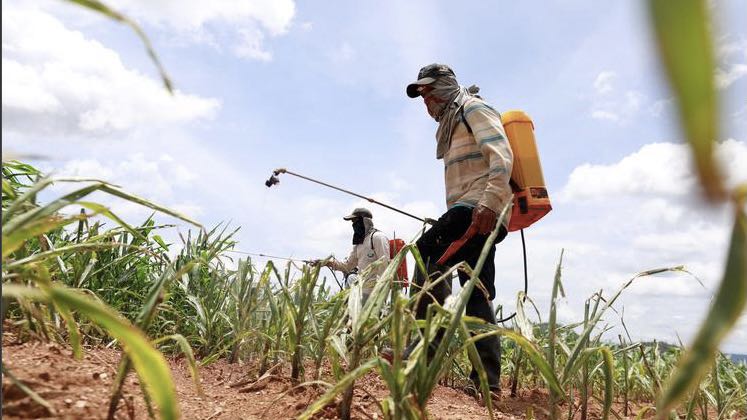

Heavy maritime transportation of goods and more frequent domestic travel has also resulted in higher levels of pollution.īathing water quality policy : for a chemical substance control in the legislation

In areas with more permeable land, polluted runoff can be absorbed before reaching the ocean, but in urban areas that are heavily concreted, contaminated water has no where to go but the sewer system or directly into coastal waters. Other factors contributing to the increase in ocean chemical pollution is urbanization and soil sealing. The interconnectivity of the water cycle means that even contamination at the molecular level can have an amplified impact on the ocean.Īs part of European guidelines on water, this chemical parameter is widely surveilled due to its negative affect on plankton, and proven properties as an endocrine disruptor. These streams, before reaching the ocean, have been polluted by pesticide runoff. For instance, residuals from plant fertilizers found in the ocean have been transported through water streams coming from the land. How are pesticides endangering the ocean’s environmental quality and overall health? Once chemical pollutants are sprayed on land, water molecules, via rain, watering or groundwater flows, act as vehicles that pick up and transport chemical substances from land, into the water cycle, and eventually the ocean. This current behaviour is completely in contradiction with the goals set by several Ecophyto plans, which aim at a 25% reduction by 2020. Over the last decade, scientific data shows a 25% increase of pesticides use. For the sake of effectiveness and simplicity, they have been widely used in the agricultural sector as well as in a domestic gardening. It is important to understand that the generic term « pesticide » includes herbicides, insecticides and fungicides, which are responsible for eliminating weeds, insects, pests and fungi respectively. Pesticide use started in the 1930s and has grown in popularity and application ever since. From fields to the ocean : the impacting path of pesticides The use of pesticides in particular has increased by 25% in the last decade and has a direct negative impact on water quality.

Common pollutants from these industries can take form as heavy metals, phtalates, oil and pesticides. Chemical pollution is caused by various sources: industrial, urban, agricultural, and domestic. As industrial activities have progressed over the past decades, increasingly more pollution from chemical products and substances has been detected in the ocean. The ocean contains many kinds of pollution, pollution that reflects our lifestyle and our consumption habits.


 0 kommentar(er)
0 kommentar(er)
